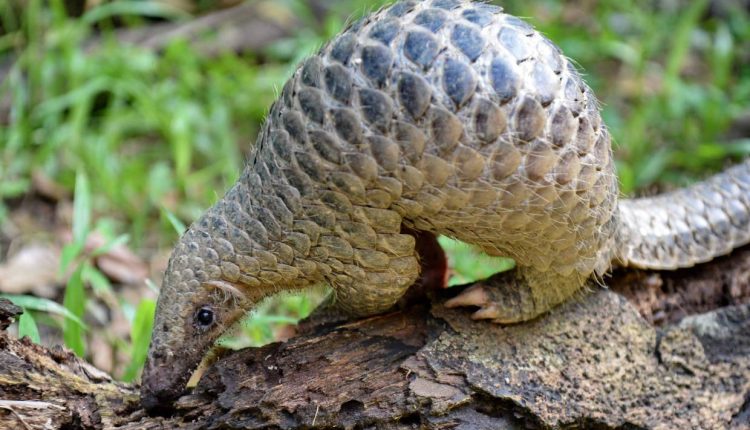PETALING JAYA: Singapore is among six countries and territories found to be disproportionately linked to 94% or 193 tonnes of the 206.4 tonnes of seized pangolin scales between 2016 and 2019, a new report found.
-Advertisement-
The report by the Wildlife Justice Commission (WJC) said detection rates – the proportion of seizures in the country compared to shipments – in Singapore, which has one of the world’s busiest ports, were 33.3%.
The other countries are Hong Kong (100%), China (50%), Vietnam (40%), Nigeria (16.7%) and Congo (0%).
“The Nigeria – (Singapore) – Vietnam smuggling route has also been identified as a significant transportation route for the smuggling of scales on their own or in combination with ivory,” said the Netherlands-based group.
“Analysis of seizure data of smuggled pangolin scales in the last four years shows a significant and rapid increase in the volume being trafficked,” it said.
The commission’s conclusion, which was based on the analysis of reported seizure data and its own investigative findings, came in the wake of reports that the pangolin had been identified as a potential link for the spread of the novel coronavirus that has sickened over 34,000 people and killed over 900 victims.
However, the research by the South China Agricultural University has come under scrutiny by other scientists.
The new virus emerged from a live animal market in Wuhan, the epicentre of the outbreak.
Confirmed cases of infected patients have been reported in Singapore, Hong Kong, Vietnam and the rest of the provinces in China.
Known as the most trafficked mammal in the world, the report said the pangolins in the market now increasingly came from Africa.
-Advertisement-
Besides pangolin meat, the scales of the animal are used in traditional medicine and according to the report, wholesale prices range from US$52 per kg (RM215) in Nigeria in 2018 to RM3,062 (US$739) per kg in Laos.
In Malaysia, the price was US$350 (RM1,450) per kg in 2019.
According to the report by WJC, Nigeria and Vietnam played prominent roles in the supply chain.
“Between 2016 and 2019, they were linked to almost 70% of pangolin scale seizures, which amounted to 143.6 tonnes.
“Between 2018 to 2019, this prevalence increased as 84% of all detected shipments involved one or both countries,” it said.
A direct trafficking route between Nigeria to Vietnam, warned the report, was relatively new, having only been documented since May 2018.
“Nigeria appears to be one of the biggest consumers of pangolin meat, especially among the wealthy middle class and within the large Chinese community in Nigeria,” it said.
Criminals previously involved in the ivory trade, the report also pointed out, were now involved in the trafficking of pangolin scales.
“The smuggling of ivory combined with pangolin scales is rapidly increasing, doubling in number and tripling in volume between 2017 and 2018.
“Increasingly, combined shipments have a greater proportion of pangolin scales than ivory,” it said. -The Star

